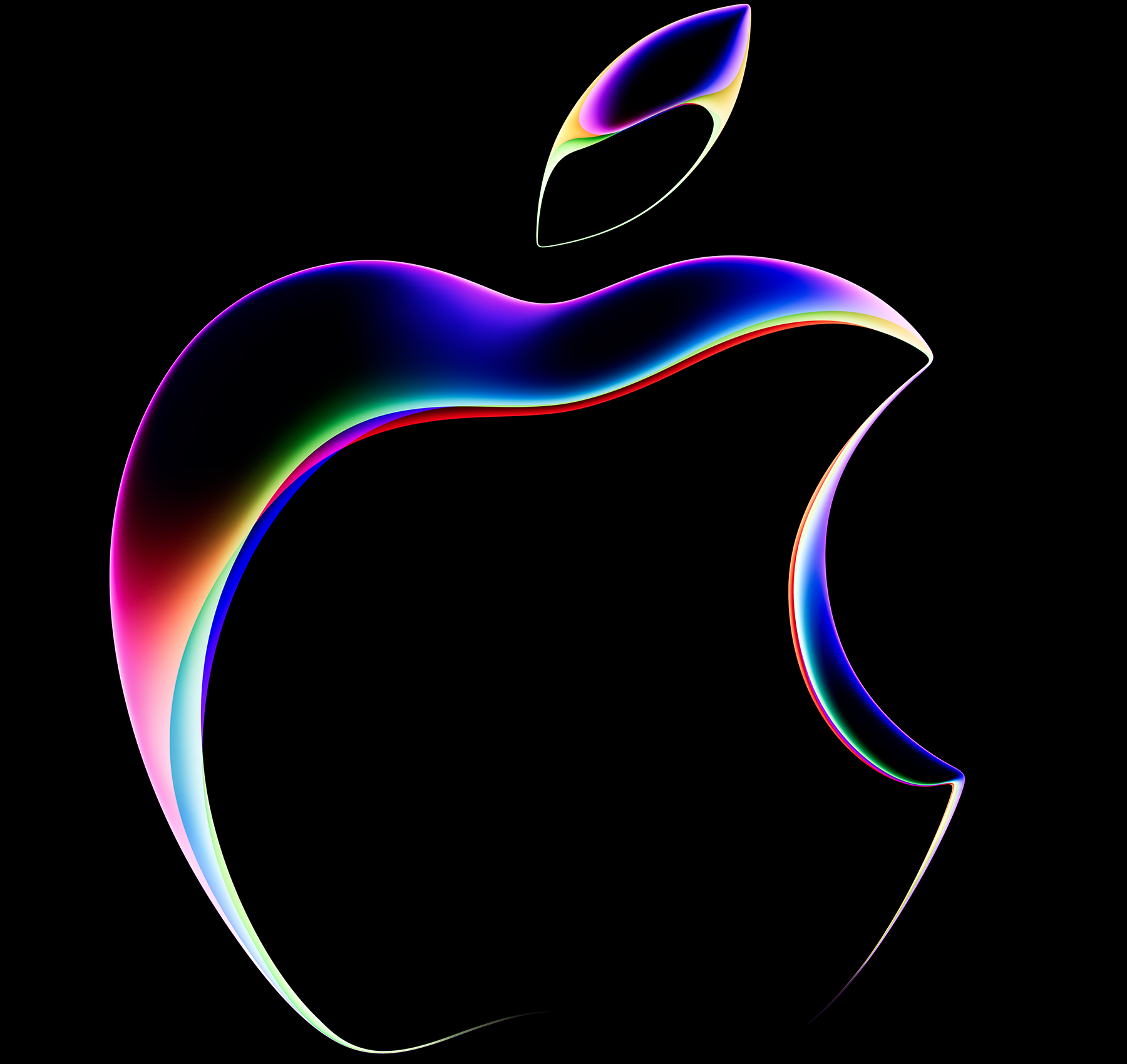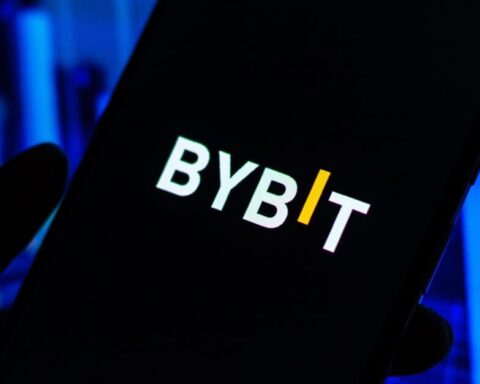Apple has denied being a “monopolist” and insisted it faces “fierce competition” in the tech industry, according to a letter previewing its defense against a U.S. antitrust lawsuit.
In a letter dated May 21 to New Jersey federal judge Julien Neals, Apple’s attorneys requested a conference before filing a motion to dismiss the case.
They refuted U.S. allegations that Apple engaged in anticompetitive practices by restricting third-party access to its platform and designing products to “lock in” users to purchasing iPhones.
The company argued that its purported anticompetitive behavior merely involved making independent decisions regarding the terms and conditions for third-party access to its proprietary platform.
In March, the Justice Department filed an antitrust lawsuit against Apple, accusing the firm of holding a smartphone monopoly.
The suit claimed Apple restricted features of digital wallets and payments and enforced App Store rules that stifled competition.
Apple’s restrictions on fiat-only payments have also impacted the use of cryptocurrencies in iOS apps, making it financially unfeasible for crypto apps to offer in-app purchases due to a 30% fee known as the “Apple Tax.”
“Apple has opted to offer users a curated, secure, and reliable experience, in contrast to its competitors’ more open platforms,” the company stated.
Apple contended that the government did not “properly define the relevant market or establish that Apple has monopoly power in it,” and any alleged anticompetitive behavior occurred in different markets, such as digital wallets.
READ MORE: Bitcoin Hovers Near $67,000 as Traders Eye Key Resistance and Support Levels
“These products all exist in their own separate markets with their own competitive dynamics, and the Government’s failure to define the proper market for those products is fatal,” Apple asserted.
Apple further argued that the U.S. claims were invalid, citing the Supreme Court’s stance that a company’s decisions regarding third-party dealings do not constitute exclusionary conduct.
The company also countered the DOJ’s claim of a smartphone monopoly, asserting it faces strong competition from Google and Samsung, noting Google has the most-used mobile OS and Samsung leads in global smartphone sales.
The U.S. failed to provide a factual link demonstrating that Apple’s design decisions corner smartphone buyers, Apple claimed.
“Someone unhappy with Apple’s limitations has every incentive to switch to competitor platforms that ostensibly do not have those limitations,” the company stated.
Following the DOJ’s March filing, an Apple spokesperson told Cointelegraph that the lawsuit could “set a dangerous precedent” and potentially allow the government to heavily influence the design of technology.
To submit a crypto press release (PR), send an email to sales@cryptointelligence.co.uk.




